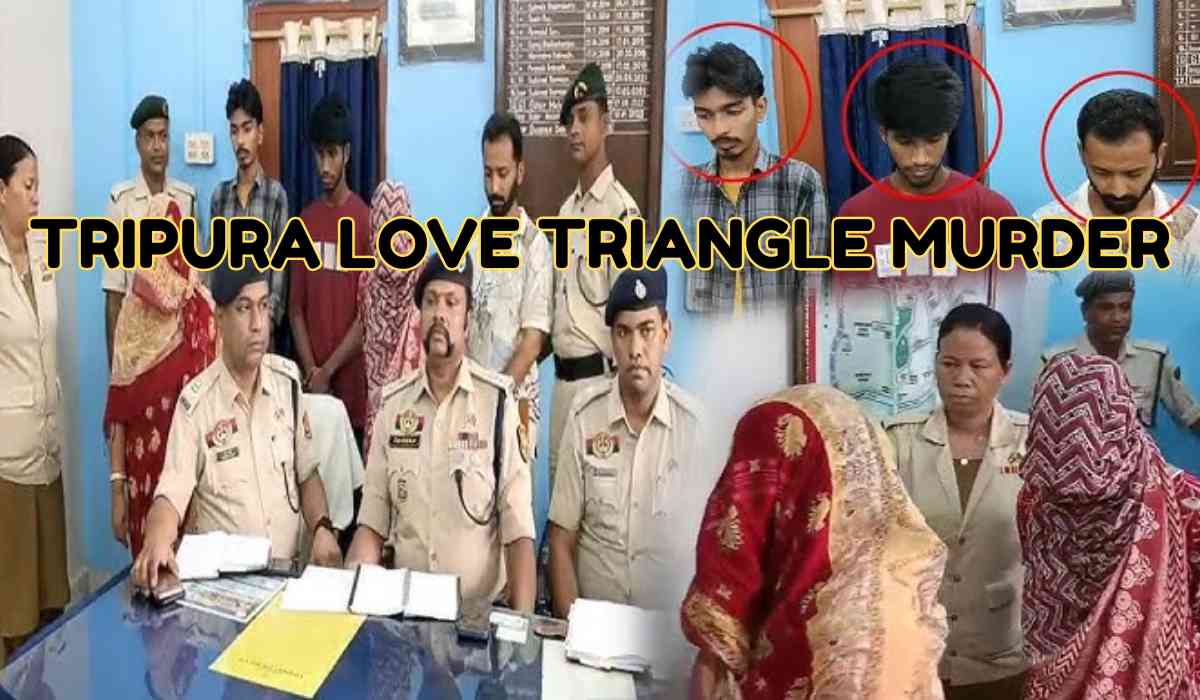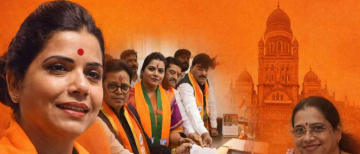In a case that has sent shockwaves across Tripura and added to a disturbing national pattern of partner betrayals, 26-year-old electrician Sariful Islam, who had been missing from Agartala's Indranagar locality since June 8, was found brutally murdered and stuffed inside an ice-cream freezer. What initially appeared to be a missing person’s case soon unraveled into a dark tale of jealousy, manipulation, and cold-blooded conspiracy, driven by a love triangle involving Sariful, a woman named Nabanita Das, and her cousin, Dr. Dibakar Saha, a 28-year-old MBBS graduate from Bangladesh.
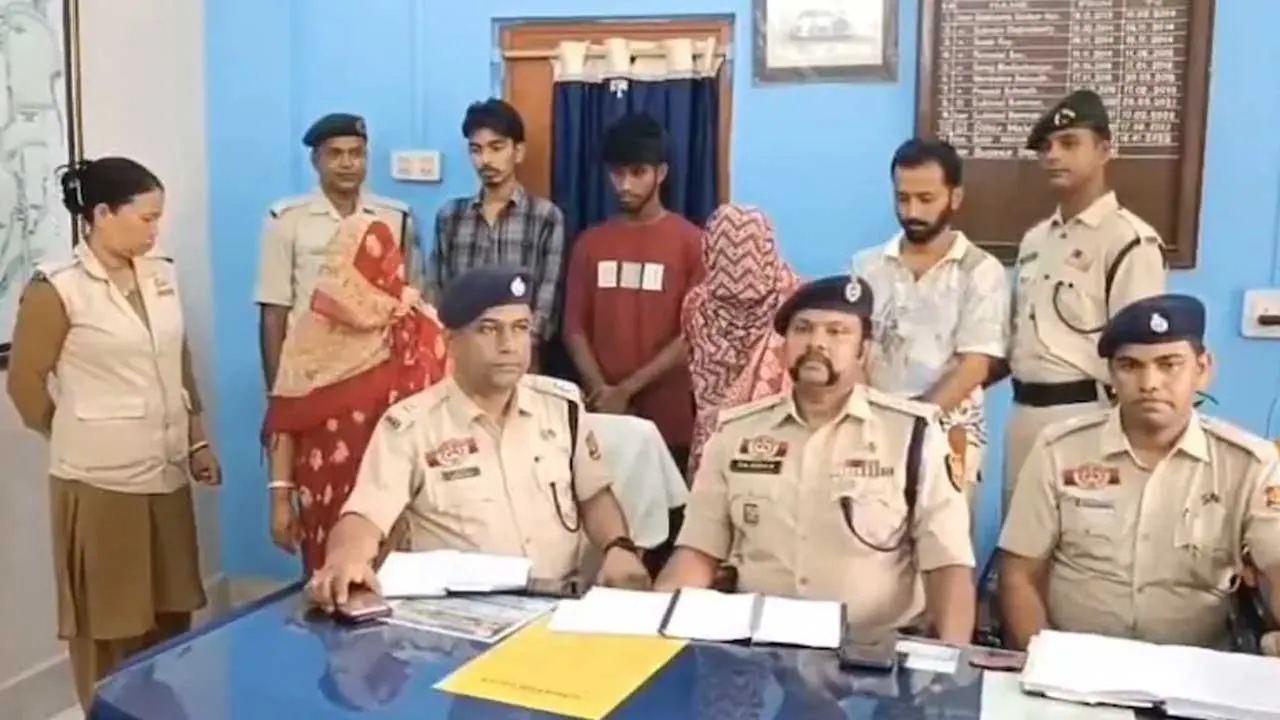
A Sinister Plot Born from Jealousy and Obsession
Sariful Islam, a diligent worker associated with the Agartala Smart City Project, had been in a long-term relationship with 25-year-old Nabanita Das. However, unbeknownst to him, his lover’s cousin, Dr. Dibakar Saha, had been nursing an obsessive affection for Nabanita. According to police, Dr. Saha allegedly wanted to be with Nabanita, and after a rift between her and Sariful, he saw an opportunity to act on his desires.
West Tripura Superintendent of Police Kiran Kumar explained that the motive was far more disturbing than mere romantic rivalry. “The cousin wanted to physically exploit the woman, who recently lost her father. He knew that he couldn’t do that till the boyfriend was in the scene, so he conspired to kill him,” Kumar said.
The Murder: Premeditated and Methodical
The crime was anything but impulsive. It was a meticulously premeditated act involving not only Dr. Saha but also three accomplices: Nabanita Das herself, Joydeep Das (20), and Animesh Yadav (21). On the night of June 8, Sariful was lured to Joydeep Das’s residence in South Indranagar, under the pretext of receiving a gift from Dr. Saha. When he arrived, he was confronted by all four accused.
There, in a horrifying act of betrayal, Sariful was strangled to death in cold blood, allegedly by Dr. Saha with the active support of the others. The group then tied his hands, packed the body in a trolley bag, and temporarily hid it.
Disposal of the Body: A Family Affair in Crime
In a shocking twist, Dr. Saha's parents — Dipak Saha (52) and Debika Saha (40) — were allegedly involved in disposing of the body. The next day, they traveled from Gandacherra to Agartala, picked up the trolley bag containing Sariful’s corpse, and transported it to their ice-cream shop back in Gandacherra. There, the bag was concealed in a commercial ice-cream freezer.
Three days later, on June 11, following a confession obtained during police interrogation, the body was finally recovered. The post-mortem was conducted, and the remains were returned to Sariful’s grieving family.
The Accused: A Family and Circle of Trust Turned Murderous
A total of six individuals were arrested:
-
Dr. Dibakar Saha – the prime accused and alleged mastermind
-
Dipak and Debika Saha – his parents, charged with aiding in the disposal of the body
-
Nabanita Das – the victim’s girlfriend, complicit in the murder
-
Joydeep Das and Animesh Yadav – co-conspirators and accomplices
Police have confirmed that digital evidence, including mobile phone messages, supported the theory of romantic rivalry as the main motive.

Another Disturbing Chapter in a Series of Lover-Driven Murders
This gruesome incident in Tripura is not isolated. In fact, it’s the third such chilling case in the past four months where a woman has conspired in the murder of her partner or husband to continue an affair with another man:
-
March 2025: Sarabh Rajput was murdered by his wife Muskan Rastogi in a calculated plot driven by her extramarital affair.
-
April 2025: Raja Raghuvanshi was killed by his wife Sonam, again linked to a clandestine romantic entanglement.
-
June 2025: Sariful Islam, the current victim, was allegedly killed by Nabanita Das and her cousin-lover Dr. Dibakar Saha.
These cases point to a disturbing societal pattern, where betrayal by those closest—spouses or lovers—has led to cold-blooded murders, often involving the complicity of family members or close acquaintances.
Don’t Blame All Women for Crimes of a Few
There is an urgent need to reflect on the emotional and moral vacuum that can lead to such heinous crimes. When love is twisted into possession, and desire into destruction, the consequences are fatal—not just for the victims, but for the larger social fabric that binds relationships.
But while these murders committed by women in the name of love or lust are deeply alarming, they should not be weaponized to demonize all women.
It’s easy to slip into gender-based generalizations, especially in emotionally charged narratives. But it's both illogical and dangerous to paint all women with the same brush for the actions of a few. These crimes are not reflective of "what women are like"; they are examples of what any human is capable of when consumed by jealousy, obsession, and entitlement.
Likewise, using such isolated but horrific incidents to justify the past and present atrocities, abuse, and control exerted over women by men is deeply insensitive and morally unjustifiable. One crime does not balance another. Justice cannot be gendered, nor should accountability be.
What society truly needs is a nuanced understanding of interpersonal violence, better mental health resources, and stronger legal deterrents against both male and female perpetrators. At the same time, we must support victims regardless of their gender and ensure the legal system treats every case with fairness and impartiality.
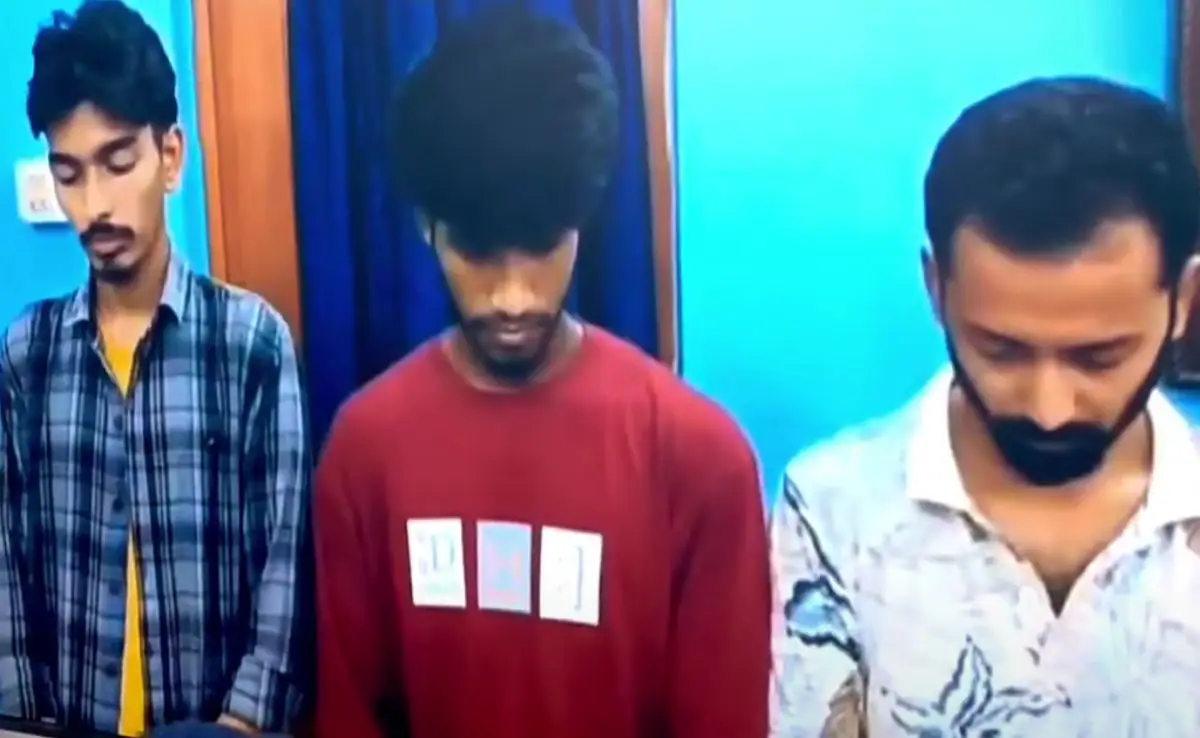
A Call for Introspection, Not Vengeance
The Tripura freezer murder case is not just another crime story—it is a reflection of how easily love can curdle into something monstrous when guided by jealousy and obsession. It is also a grim reminder of how human relationships, when rooted in manipulation instead of mutual respect, can lead to irreversible loss.
But this is also a call for society to not let rage cloud reason. Gender wars do not deliver justice—empathetic and balanced law enforcement does. Let this not become just another news cycle but a point of serious national introspection.
Views expressed in the above piece are personal and solely those of the author. They do not necessarily reflect Vygr’s views.
With inputs from agencies
Image Source: Multiple agencies
© Copyright 2025. All Rights Reserved Powered by Vygr Media.

